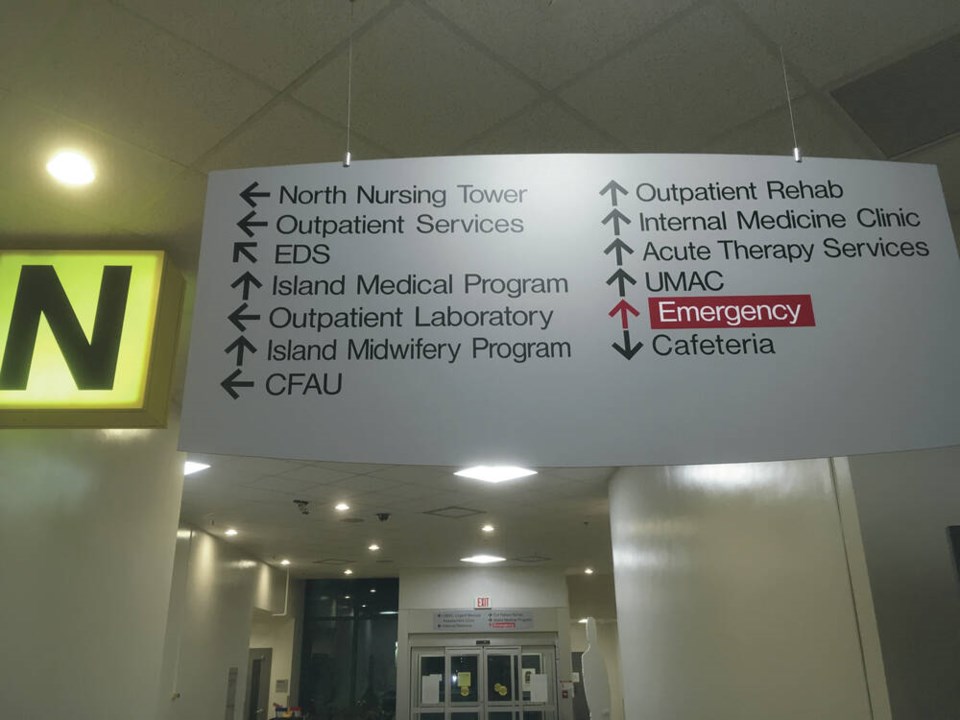A commentary by a former deputy minister of health in B.C. and Saskatchewan.
Immediately after the election, Premier David Eby said the electorate gave his government a clear message to do better on a number of files.
One of the greatest challenges facing British Columbia and our country is the health “file.”
With health services under enormous pressure and failing to meet the needs of our citizens, how can the government “do better” on the “health file”?
Should the new government continue the policies of the past four years, working ever harder to provide more of the same, or should the new government be bold, refocus and solve the real problems?
The main issue is access to necessary health services which is essential to the health and wealth of Canadians.
Access is essential to getting the services when they are needed. Only when access is guaranteed will citizens continue to support the single-payer, cost-effective system that values fairness and equity for all citizens.
Without addressing the access issue, we will continue by design or default to slide down a slippery slope to more user-pay models.
Chest-thumping press statements extolling the value of a single-payer, cost-effective system or quoting mind-numbing statistics will not meet the needs of our citizens, nor meet the obligations of a responsible government.
During the recent election campaign, Eby and members of his government said more investments in hospitals and medical schools are required to solve problems of the closed emergency room and overcrowded emergency rooms.
In addition, I understand Eby’s goal is to have a family physician for every citizen by the end of 2025.
These are very laudable actions; but by themselves, will not achieve the results the new government wants.
The major investments in the past few years to attract more physicians has received a lot of attention, but unfortunately these actions alone simply enshrine our existing system with its current shortcomings.
What is needed is properly functioning primary health services. If the premier and his new government want to reap the benefits of doing better on the health file, I would urge them to examine the primary health services provided by the countries with the best health results worldwide.
International best practices from successful health systems such the Netherlands demonstrate that a robust primary health system is the essential foundation.
Many of the issues, including overcrowded emergency rooms, lengthening specialty-based waitlists and escalating demand on long-term care facilities, are a result of a poorly functioning primary health system and under-resourced community services.
Our hospitals and dedicated health professionals need help, and they need help made available thorough the reform of our primary health service and community services sector.
The major actions needed for fundamental primary health reform are well documented by at least 10 Royal Commissions and in recent literature in Canada.
A recent book by Dr. Jane Philpott, a former federal minister of health and current dean of Health Sciences at Queens University, Health for All, provides a good framework.
She has been appointed the chair of the new primary health initiative in Ontario. The recommendations, in her book and from many others, to move towards a system using multidisciplinary primary health homes could be implemented in British Columbia.
Primary health homes could be available in all communities much like our primary school system. Several provinces are talking of moving in that direction but none to date has taken that bold action on a system-wide basis.
This would be a great opportunity for the new government to build on many of the initiatives they have already put in place.
This is the path forward to obtain the positive outcome the electorate expressed in their message to the premier to “do better.”
Indeed, British Columbia could carry the torch for primary health reform in 2024, like Saskatchewan did with medical care insurance in 1962.



